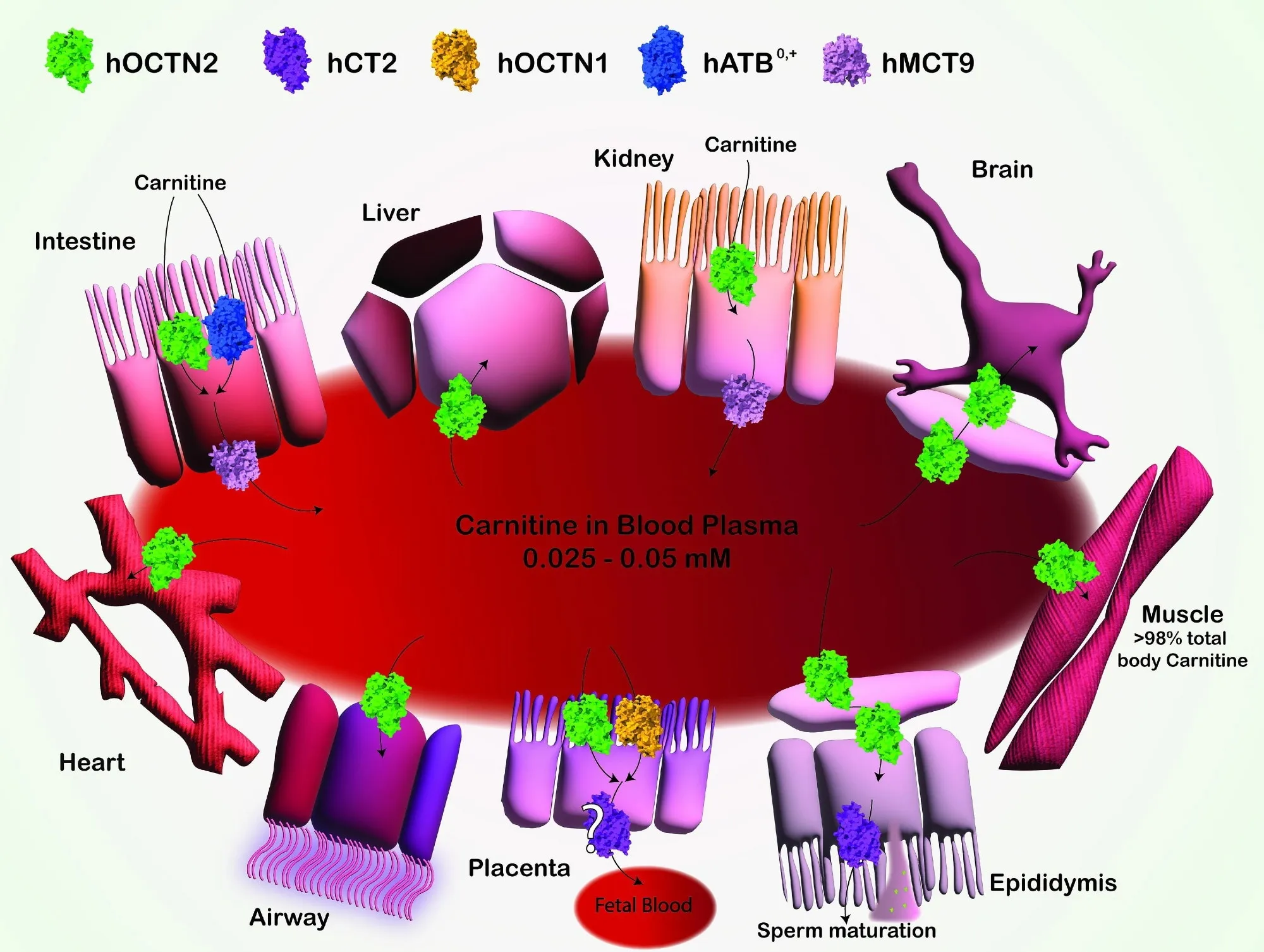Exploring Reproductive Health Through Carnitine Transporters and Energy Metabolism

Understanding the Function of Carnitine Transporters
Carnitine transporters are essential for facilitating the transport of long-chain fatty acids into mitochondria, where they are oxidized for energy. This process is crucial for reproductive health, especially in the maintenance of energy balance in reproductive organs such as the placenta and endometrium.
The Impact on Fertility
The role of carnitine transporters extends to the regulation of reproductive hormones and cellular metabolism. Their deficiency can lead to female infertility due to impaired fertilization capabilities and reduced embryo quality. Moreover, understanding the impact of oxidative stress on reproductive health highlights the protective role of these transporters.
Research Implications
- Potential for diagnostic tools to assess fertility issues.
- New therapeutic avenues using antioxidants to boost reproductive health.
- Understanding the influence of diet on carnitine levels may optimize fertility treatments.
In conclusion, further investigation into carnitine transporters can enhance our understanding of metabolism in reproductive health and highlight new strategies for managing infertility.
This article was prepared using information from open sources in accordance with the principles of Ethical Policy. The editorial team is not responsible for absolute accuracy, as it relies on data from the sources referenced.